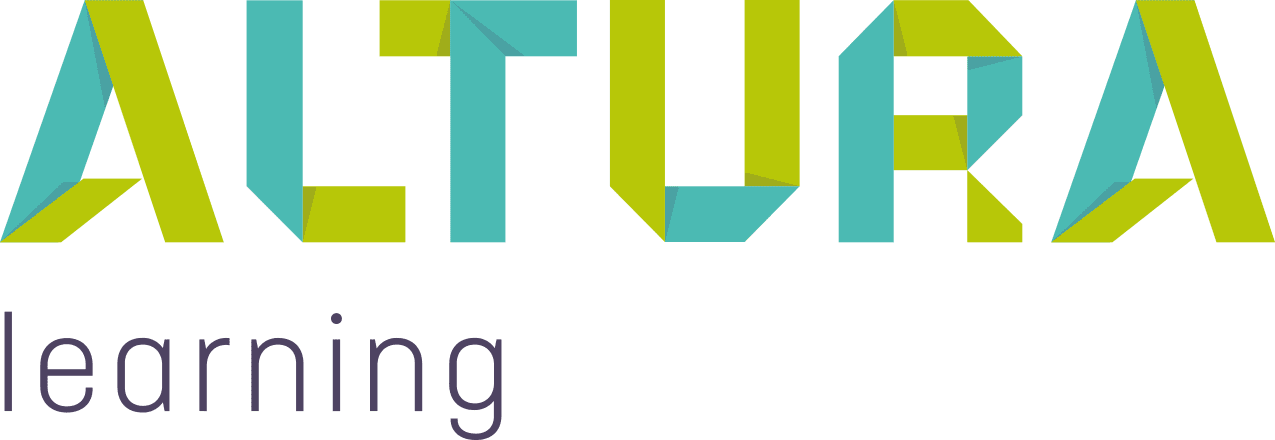Course Description
Parkinson’s disease is a movement disorder that affects a person’s nervous system, having a significant impact on their quality of life. As the disease is progressive, people with Parkinson’s are often living in Aged Care Facilities. There is not yet a cure for Parkinson’s disease.
Medications are used to manage symptoms, but in older people (due to the high prevalence of dementia, dysautonomia and depression) these therapies may cause unacceptable side effects because of their adverse drug profiles.
This course takes a deep dive into the symptoms and associated disability associated with the disease as well as the multi-modal strategies to improve the quality of life of those living with Parkinson’s Disease.
Learning Outcomes
By the end of this course, learners will be able to:
* Identify strategies to support nutrition and hydration
* Identify strategies to support speech and swallowing changes
* Identify strategies to support mobility
* Identify strategies to support activities of daily living
* Identify strategies to support emotional well-being
Elevate your caregiving skills and make a difference in the lives of those affected by Parkinson’s with this in-depth course from Altura Learning.
Course Code:
AOC17257-B-H-AUDuration:
30 minutesCPD Points:
0.5Course Availability:
Available NowTopics:
Diseases & Health Related ConditionsLibrary:
Home CareCollection:
Care & ClinicalSubject Matter Expert:

DANIEL CHEUNG - PHYSIOTHERAPIST Daniel is a physiotherapist at the University of Sydney with teaching and research responsibilities. He is currently completing a PhD that focuses on safer mobility behaviour for falls prevention in people with Parkinson’s disease. He is a research physiotherapist at the Institute of Musculoskeletal Health (IMH) in their physical activity, ageing and disability arm. Additionally, he is also the current APA NSW Gerontology chairperson.
Last Updated:
31/03/2025 12:00 am